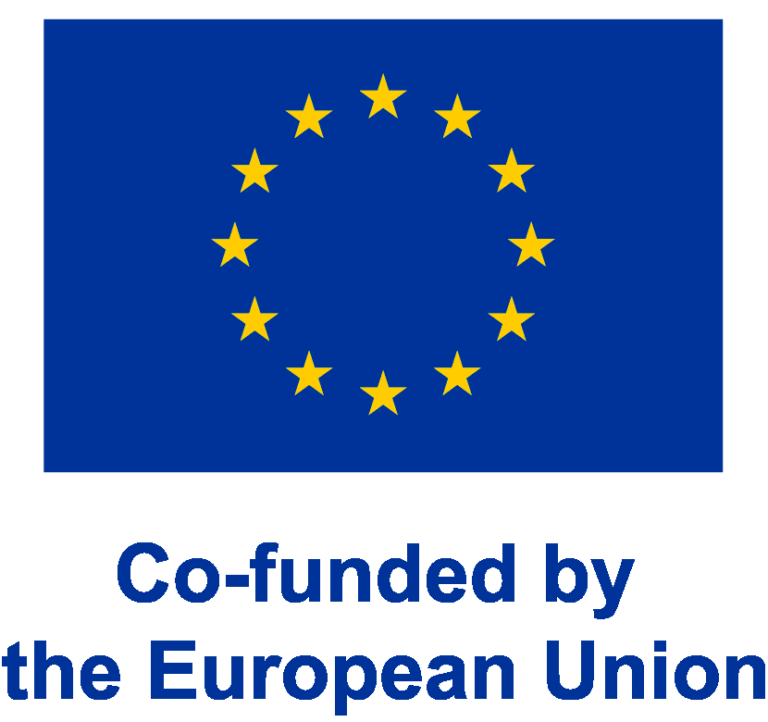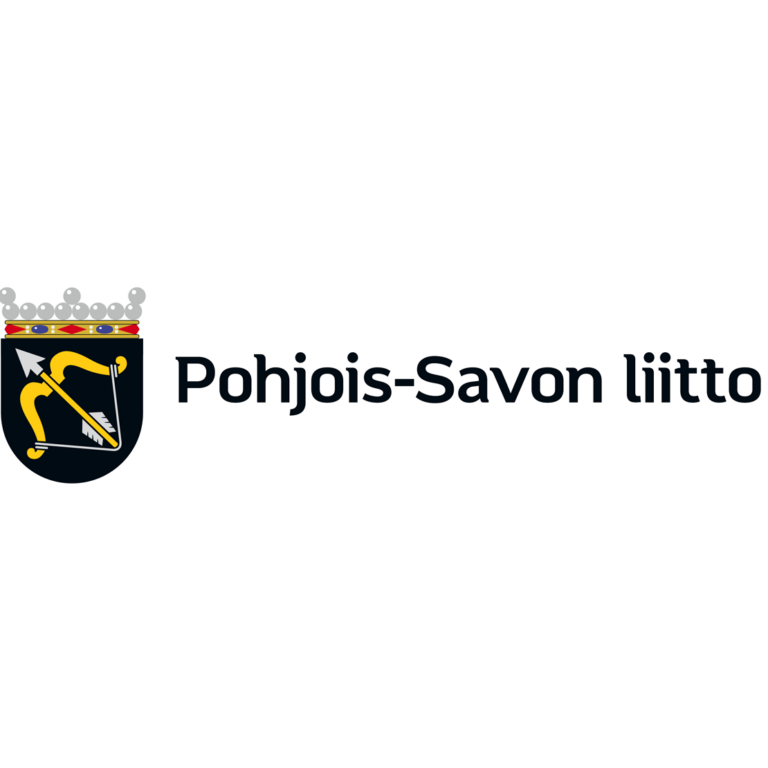
BIOPRO365 - Bioenergy and soil improvements in four seasons
Funders


The project is funded by Just Transition Fund (JTF). The project is implemented by Savonia University of Applied Sciences (coordinator) and University of Eastern Finland.
Contact persons
The BIOPRO365 project promotes the operational resilience of gardens (food production, flower and tree seedling cultivation) and farms (milk and meat production) by enabling the development of energy production as well as the creation and utilization of side stream-based materials and solutions. Gardens are actively seeking solutions to replace peat, while at the same time new applications are being identified for bioeconomy side streams. From the perspective of Finland’s security of supply, increasing the competitiveness of farms and domestic food production are important themes, especially in light of the current geopolitical situation in Europe.
The structural transformation of livestock production has been significant throughout the 21st century in Finland, visible for example in the growth of farm sizes in dairy and meat production. Farm-scale biogas production has gained momentum in recent years both in the region and elsewhere in Finland. When manure is processed through a biogas production process, the nutrients it contains become more readily available for plant growth. During the biogas process, a significant portion of the organic nitrogen in the material is converted into soluble ammonium nitrogen, which can be more rapidly utilized by crops in field cultivation. As a result, the use of digestate as fertilizer leads to lower nitrogen leaching into waterways compared to applying raw manure directly to the fields. At the same time, the process generates biogas energy for the farm’s own needs.
Enhancing biogas production with crop biomass is economically viable, as the amount of energy produced from manure alone is limited and its biogas yield potential is moderate. This project investigates which crops grown under Finnish conditions are best suited for improving biogas production efficiency, thereby boosting farm self-sufficiency. At the same time, it enables farms to practice crop rotation with different types of plants.
The project also promotes circular economy in the surrounding cities and municipalities through the use of recycled growing media in landscaping. Waste management centers receive huge amounts of leaf and grass clippings, and the resulting recycled soil is suitable as such for landscaping purposes. Similarly, new applications are sought for recycled concrete, which is most suitable for acidic soils. By combining these products, the project aims to create a new cost-effective circular economy-based solution for landscaping.
The climate-controlled growth chamber invested within the BIOPRO365 project pair enables year-round plant cultivation, the development of peat-free growing media, and the cost-effective testing of bioeconomy side streams for the production of new products. In the growth chamber, critical factors such as water retention capacity and nutrient recycling from bioeconomy side streams to growing media can be modeled. The consortium’s laboratories provide extensive analytical capabilities for safely testing side streams, produced growing media, and plants. In addition, the laboratory can test the methane yield potential of energy crops to improve farm profitability.
The project’s strategic objectives are to: 1. Develop RDI expertise in raw materials for peat-free growing media for the garden sector (food, flower, and tree seedling growers) in the North Savo region. 2. Strengthen the utilization of critical growth factors in cultivation according to business needs and support business growth. 3. Increase the sharing and transfer of critical knowledge that supports commercialization among regional stakeholders. 4. Promote circular economy in North Savo, for example by enabling the development of soil improvers and recycled fertilizers. 5. To support the self-sufficiency of farm-based bioenergy production, promote crop cultivation, and foster the local utilization of green carbon dioxide.
The main target groups of the project are bioeconomy companies, farms and forestry sector, service companies, operators, cities and municipalities, as well as research and educational institutions in North Savo. In addition, the target group includes bioeconomy stakeholders and authorities more broadly at the national level.

